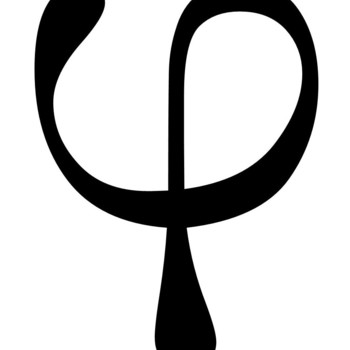The quotient rule states that, given #(f/g)'#, (mind that this is in Newton's notation), the derivative is #(f'g-fg')/g^2#
Here, #f=cos2x#, and #g=e^(2x)-x#.
Let's tackle the problem a step at a time.
First, #f'#.
The derivative of #cos2x# cannot be calculated directly. We must use the chain rule, which states that #(df(u))/dx=(df)/(du)*(du)/dx#.
Here, #f=cosu#, and #u=2x#
The derivative of #cosu=-sinu#, and the derivative of #2x=2#.
Multiplying: #-2sinu#
#f'=-2sin2x#
Next, #g'#.
Again, the derivative of #e^2x-x# cannot be done directly. The difference rule states that #(f-g)'=f'-g'#.
So first, #d/dxe^(2x)#. Use the chain rule again, here #f=e^u# and #g=2x#.
The derivative of #e^u=e^u#, and of #2x=2#
So this becomes #2e^u#.
#g'=2e^(2x)-1#. The #1# is the derivative of #x#.
Now we can simply input.
#(f'g-fg')/g^2#
#((-2sin2x)(e^(2x)-x)-(cos2x)(2e^(2x)-1))/(e^(2x)-x)^2#
#(-2sin(2x)*(e^(2x)-x)-(2e^(2x)-1)*cos(2x))/(e^(2x)-x)^2#

